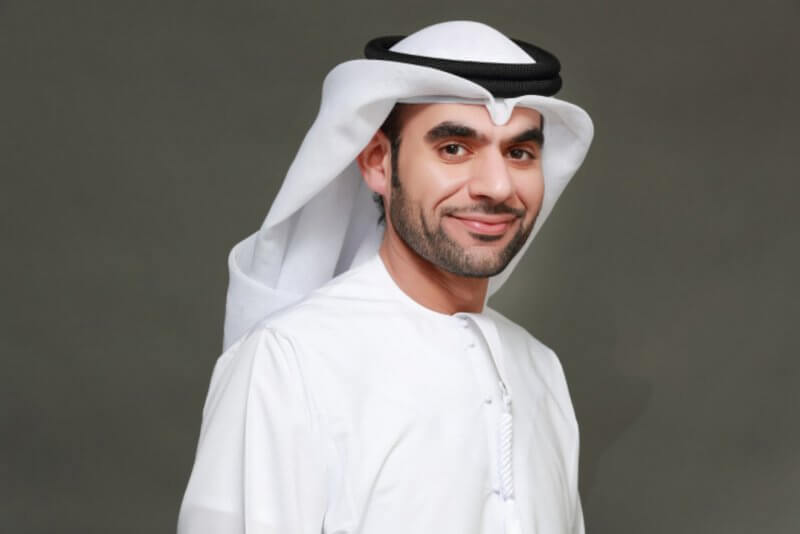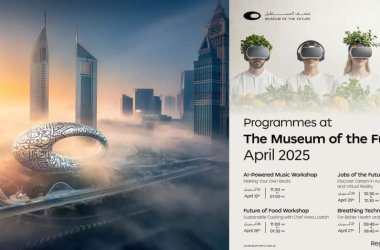By 2050, 68 percent of the world’s population will be living in cities that produce more than 80 percent of global GDP, according to a recent study by Smart Dubai.

Smart Dubai released a report entitled, “Decentralised Data for Dubai”, in association with Outlier Ventures D3 Sandbox, which explores the role of data and the Fourth Industrial Revolution to transform services in the city for citizens and enterprises.
The report also noted that and data will become the engine driving the growth of these megacities.
It highlighted opportunities presented by the convergence of emerging technologies, such as artificial intelligence (AI), distributed ledger technology, and the Internet of Things (IoT), and asserted that open networks were vital for delivering the next stage of open data infrastructure.
Younus Al Nasser, assistant director-general of Smart Dubai and CEO of the Dubai Data Establishment, said, “Smart Dubai is on a mission to establish Dubai as the world’s smartest and happiest city. All of our efforts and plans are aimed at the ambitious objective of reinventing the city as we know it, taking services to a higher level, and addressing any and all challenges standing in the way of the bright future we strive to build.”
According to the report, public-private partnerships have helped establish networks, constituting a first step to addressing the issue, but the challenge remains in connecting individuals, assets, and data to truly benefit from these networks.
“With that goal in mind, we are looking to tap into the massive potential of technology – and data, in particular – to promote innovation and create value for our communities, companies, partners, and investors in the UAE and abroad,” he added. “We are eager to explore and develop our partnership with Outlier Ventures, and the report we are releasing today marks the beginning of our journey to explore data decentralisation and facilitate the effective and secure exchange of data.”
Furthermore, the study reveals that by 2025, the data produced annually will reach 180 zettabytes, up from 4.4 zettabytes in 2013. The number of times a person interacts with communication devices is set to reach 4,800 per day within six years (which is once every 18 seconds), while the number of devices connected within the IoT, which surpassed the number of human beings in 2017, is expected to reach 20.4 billion in 2020.
Jamie Burke, CEO, Outlier Ventures, said, “Today’s web has evolved in a direction its creators didn’t foresee. It’s an economic model that policymakers and the world at large are now realising is sub-optimal, unsustainable and one that holds back innovation. D3 is a bold move by Smart Dubai that signals its belief in the potential of truly open data to unleash economic and societal value.”





